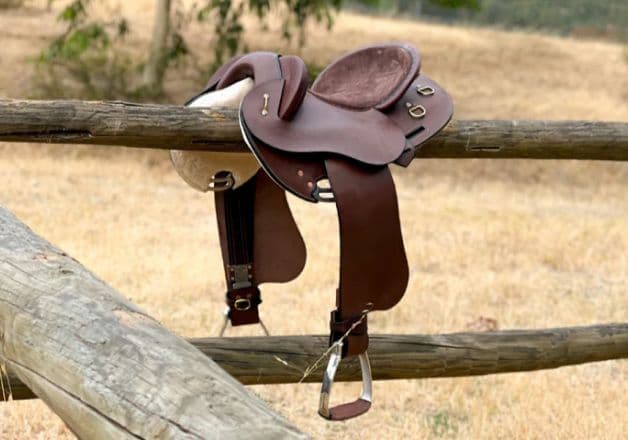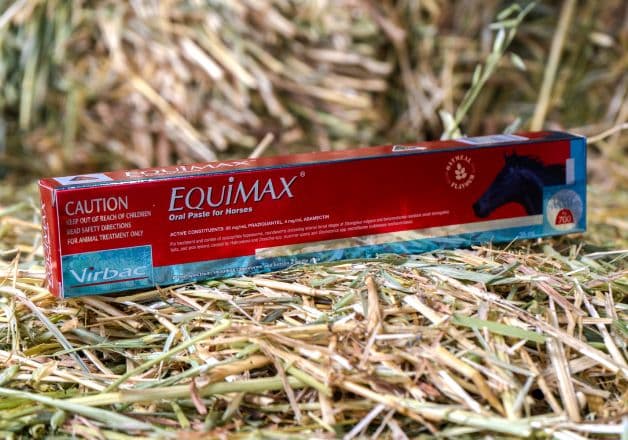
From Foals to Seniors: Essential Horse Nutrition Tips
Horses can live well into their 20s or even 30s – but how they age depends a lot on what you feed them, how they’re cared for and the lifestyle they lead.
From wobbly-legged foals to slow-stepping seniors, your horse’s needs will shift over time, and what you feed them can make all the difference.
Let’s break down how to support them through every stage, with tips for keeping them happy and moving well.
Laying a strong foundation: How to support young horses
Getting the basics right early on – especially with nutrition – sets your foal up for a healthy, confident start.
Above all else in their earliest days, they need colostrum – which they get from their mother. This gives them the most vital antibodies and nutrients to help kickstart their immune system and support early growth.
Once they’ve passed that critical stage, they need a diet that specifically supports growth and muscle development. Feeds for young horses should contain the right balance of protein, energy, vitamins and minerals – this will help build bone and muscle.
Of course, nutrition is only part of it. Their early experiences shape how they interact with people and their environment for the rest of their lives. Calm, consistent handling builds trust and confidence – and it’s never too early to start.
Make sure to:
- Start basic handling early, like haltering, picking up feet and leading.
- Build their confidence through positive reinforcement, repetition and patience.
- Provide plenty of turnout time in a safe environment – this helps with coordination, muscle development and essentially, learning how to be a horse!
Young horses are curious, impressionable and full of energy. The right foundations now will pay off for years to come.
Maintaining peak condition: How to feed adult horses
Once your horse is past this growing stage, the focus shifts to maintaining condition, supporting muscle, and keeping them feeling good – both mentally and physically.
The right diet depends on what your horse is doing. Keep an eye on weight, topline, and energy levels, and adjust their feed accordingly. That might mean tweaking hay or hard feed or simply reassessing how much they’re getting.
Exercise is just as important as feed when it comes to keeping horses in shape. Consistent, varied work helps build strength, coordination and fitness. And don’t underestimate the value of good groundwork – it lays the foundation for balance and softness under saddle!
Routine care matters, too. Regular hoof trims and dental checks (floating as needed) will prevent problems before they start and make sure your horse can move and eat comfortably.
Mental health is often overlooked, but it plays a big role in your horse’s overall wellbeing. Turnout time, social contact, varied training, and even a bit of enrichment (like a treat ball or pole work) can help keep them interested and engaged.
Every horse is different. Pay attention, make changes when needed and don’t be afraid to keep things simple.
If they’re happy, healthy and generally moving well – you’re on the right track!
Caring for aging equines: How to feed senior horses
Like humans, horses don’t age uniformly. Some may start to slow down at 14, while others can stay lightly active into their mid-20s. It all depends on the individual horse, their workload, and their history of care.
There are two big changes that older horses experience. Firstly, their digestive system slows down. This affects how efficiently they absorb nutrients from grass, grain and hay. Even if they’re eating the same as usual, they might not be getting the same benefits from it.
Secondly, age brings dental wear. Over time, horses can develop sharp points, loose teeth or even gaps where teeth have fallen out – all of which make chewing tougher and less effective.
These two changes combined mean you’ll likely need to reassess how and what you feed your senior horse:
- Consider a conditioning feed that’s higher in fat and fibre to help them keep weight on. Once they lose condition, it’s much harder to regain it, especially heading into winter.
- Switch to softer feeds like soaked pellets, that are easier to chew and digest.
In winter especially, older horses can have a harder time staying warm, and when they burn extra energy to keep their body temperature up, it often comes at the cost of condition. That’s why it's extra important to rug senior horses during the colder months – it helps conserve energy and makes it easier for them to maintain a healthy weight.
Another shift you’ll notice is in their mobility. Stiffness, arthritis or reluctance to move freely can creep in with age. You can reduce this with joint supplements.
Regular vet checks also become more important with age. A simple screening can pick up early signs of age-related issues – giving you more time to manage them before they impact your horse’s quality of life.
Want to keep your horse feeling their best at every age? Shop Caribu’s range of horse supplements for joint support, digestion and condition.


